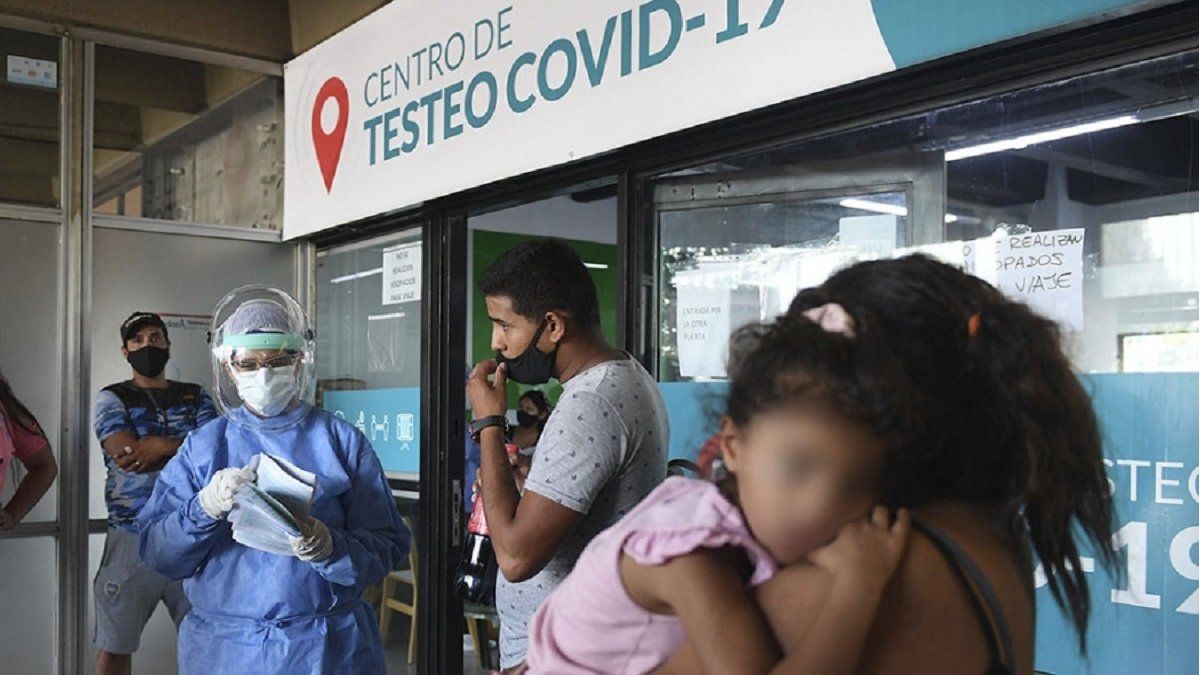And, because of the high level of community transmission, it is quite unlikely that people who regularly go to work or school and who socialize have not been around someone infected with the virus. However, there are people who have been highly exposed due to their work or their circumstances, but who have managed not to test positive.
vaccinations
Another possible answer has to do with vaccines. The antibodies acquired with the vaccine attack the virus as soon as it enters the body. This makes it more difficult for the infection to spread and disease to develop.
In addition, several studies have shown that Covid vaccines not only reduce the risk of serious illness, but can also halve the chance of domestic transmission of the virus. In other words, if a vaccinated person becomes infected with Covid, it is more complicated for him to transmit it to his close contacts.
However, it must be taken into account that these studies were carried out before the appearance of the omicron variant, which is extremely transmissible. And data on the effect of vaccination on omicron transmission is still limited.
Immunity
A third theory about why certain people have avoided infection is that, although they have been exposed to the virus, it has not managed to infect them, despite having entered the respiratory tract. The explanation is related to the immune system. A rapid and robust immune response can prevent the virus from replicating in large numbers.
But the effectiveness of this response is different for each person. For one, although the immune system weakens with age, a healthy lifestyle certainly helps keep it in shape. For example, it is known that a deficiency of vitamin D, which is produced by the skin when exposed to sunlight, can increase the risk of certain infections.
Another variable that affects our immune system is the hours of sleep. Not getting enough sleep can result in our bodies not being able to properly fight off invading pathogens. But the immune response is not only marked by our lifestyle, there are also genetic factors. Scientists studying the underlying causes of Covid have identified a genetic cause in nearly one in five critical cases.
According to Lindsay Broadbent, a researcher at Queen’s University School of Medicine, Dentistry and Biomedical Sciences, genetics not only influences the severity of the disease, but can also be key in avoiding infection with the virus. However, research on the influence of genetics on infections is still inconclusive.
Previous infection
The fact that some people have not yet been infected with Covid, despite having been exposed to the virus, may be due to a previous infection. Specifically, an infection with another type of coronavirus, which has caused a body response against Covid. Scientists call it “cross-reactive immunity.”
In this case, our immune system is able to recognize that SARS-CoV-2, the virus that causes Covid-19, is similar to a recent invading virus, and this activates an immune response. So far, seven types of coronavirus have been discovered that infect humans: four that cause the common cold, one that causes SARS or severe acute respiratory syndrome, another that causes MERS or Middle East respiratory syndrome, and the Covid variant.
What is not yet clear is how long this immunity lasts. Coronaviruses that appeared before 2020 managed to infect the same person again after 12 months. Genetics, vaccination, previous infection… There are several possible reasons why there are people who have not yet been infected. However, this does not mean that they will never do it and it never hurts to take precautions.
–

:quality(80)/cdn-kiosk-api.telegraaf.nl/5e547af8-e263-11ec-ba97-0255c322e81b.jpg)